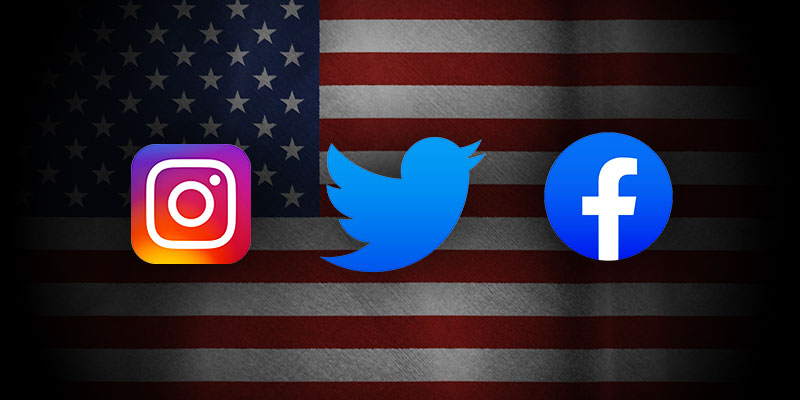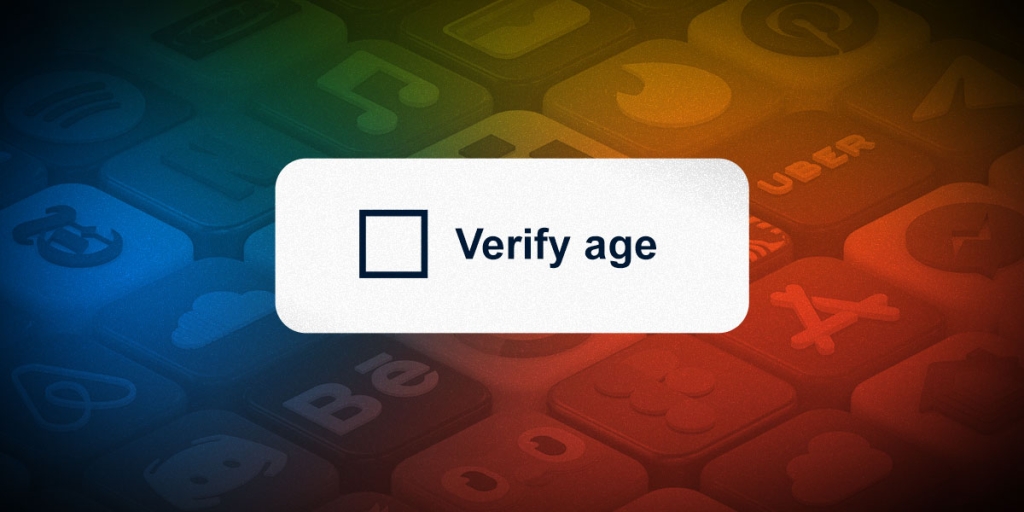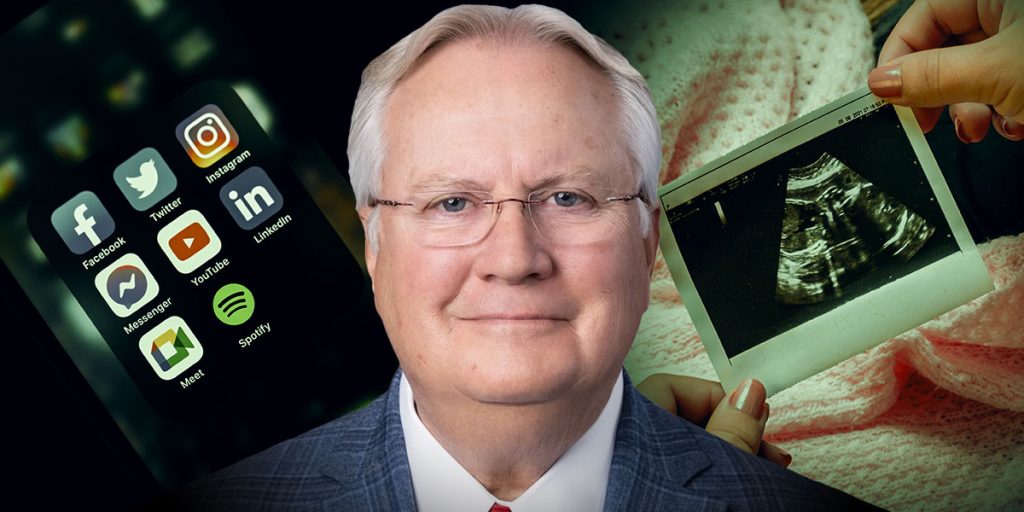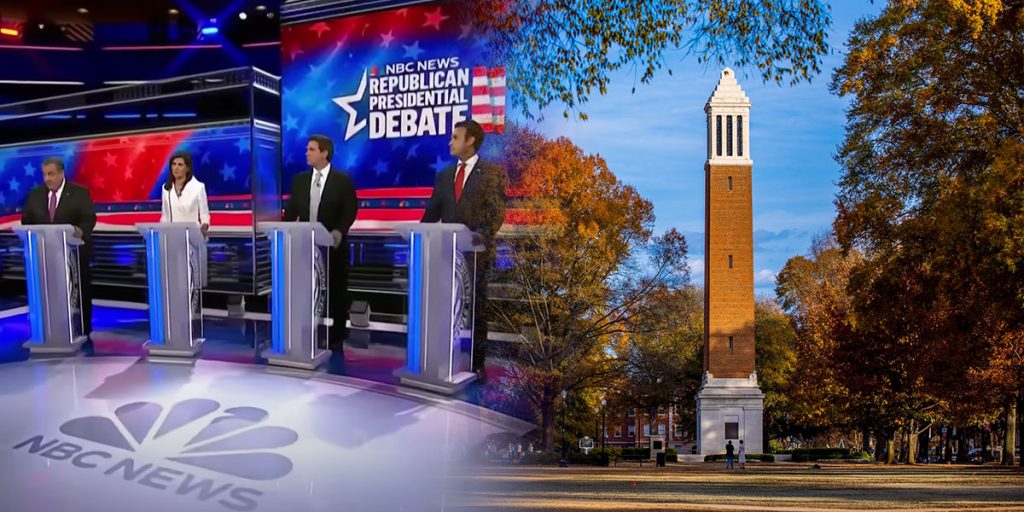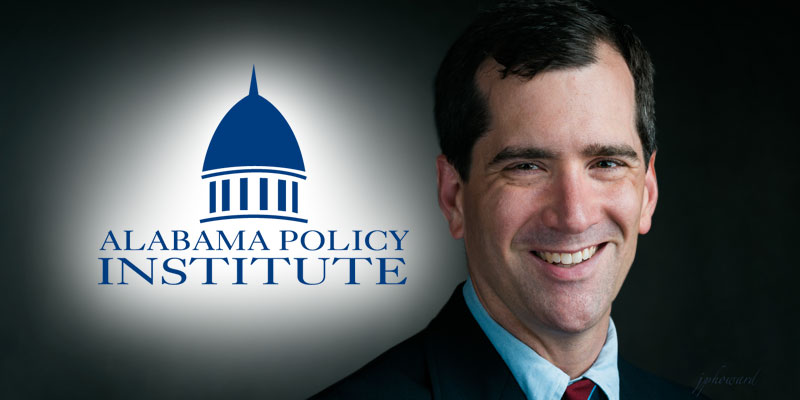Harper’s magazine recently posted a letter signed by over 150 leading authors, journalists and public intellectuals calling for greater support for freedom of speech. The letter criticized the intolerance for opposing views frequently exhibited on Twitter and social media. Does the freedom to criticize speech threaten the free exchange of ideas?
Signers included David Brooks, Noam Chomsky, Malcolm Gladwell, Salman Rushdie, Gloria Steinem and Matt Yglesias. To quote from the letter, “The restriction of debate, whether by a repressive government or an intolerant society, invariably hurts those who lack power and makes everyone less capable of democratic participation. … We need to preserve the possibility of good-faith disagreement without dire professional consequences.”
A society organized for the benefit of people as opposed to the glory of rulers requires freedom for people to think, voice their ideas, and engage with others. Our rational faculties require critical exchange. And limiting government requires freedom to criticize our leaders.
Some commentators have criticized social media censorship by companies like Facebook, Twitter and Google while others want more active removal of offensive content. The censorship claim is technically false, as only governments truly censor, whether through prior restraint to prevent publication of views or punishments for speech.
Is freedom from government coercion sufficient, or can the actions of private individuals neutralize freedom of expression? Negative reactions to the Harper’s letter ultimately turn on these questions.
Third parties can illegitimately chill speech, as Harper’s signatory Salman Rushdie can attest to. His 1988 novel The Satanic Verses was considered blasphemous by Muslims; Iran’s Ayatollah Khomeni issued a fatwah on – or order to Muslims to kill – Mr. Rushdie, who spent a decade in hiding. In January 2015, armed gunmen killed 11 employees at the offices of the French radical magazine Charlie Hedbo over offensive content.
Criminal acts are unacceptable. We will not have free exchange if violence is the price of speaking. Are other forms of outrage over or criticism of speech acceptable?
Some must be. People who found Mr. Rushdie’s book offensive should be free not to buy it. The writing of letters by newspaper readers or television viewers demanding that certain columnists or reporters be fired also seems acceptable.
Social media mobs seem more adept at getting offenders fired than letter writers ever were. A parallel for today’s events might be the Hollywood blacklist during the anti-communist McCarthy era. While Senator McCarthy and the House Committee on Un-American Affairs exercised government power, the blacklist was private reprisal. The entertainment industry feared public backlash from employing actors, actresses, directors or writers seen as communists or communist sympathizers.
Is there anything different and more dangerous about social media? For one, social media permanently records peoples’ misstatements and offensive actions. An inappropriate Halloween costume lives forever on Facebook or Instagram and cannot be denied. Furthermore, social media outrage organizes at warp speed compared to the letter-writing campaigns of yesterday.
Yet social media critics cannot fire businesses’ employees; they prevail only by persuading business managers of the merits of their complaints. I may think that businesses respond too quickly and overreact to social media outrage. As an economist, I recognize that business leaders know the challenges they face much better than I do.
Consider the recent resignation of CrossFit founder and CEO Greg Glassman in the wake of his criticism of protests over George Floyd’s death at the hands of Minneapolis police. Was his company “taken” from him unjustly? Not necessarily; the financial harm he caused was real. Reportedly 1,000 of the company’s 14,000 gyms ended their affiliations in response, and Reebok severed a decade-long licensing deal. CrossFit is privately held, but investors sought to make money, not lose due to Mr. Glassman’s comments.
Loss of one’s ability to earn a livelihood is a harsh penalty likely to chill speech, both now and during the Hollywood blacklist. Ultimately, however, social media protests only succeed by persuading others that someone’s speech is offensive. Persuasion and criticism are part of life in a voluntary society.
Daniel Sutter is the Charles G. Koch Professor of Economics with the Manuel H. Johnson Center for Political Economy at Troy University and host of Econversations on TrojanVision. The opinions expressed in this column are the author’s and do not necessarily reflect the views of Troy University.




